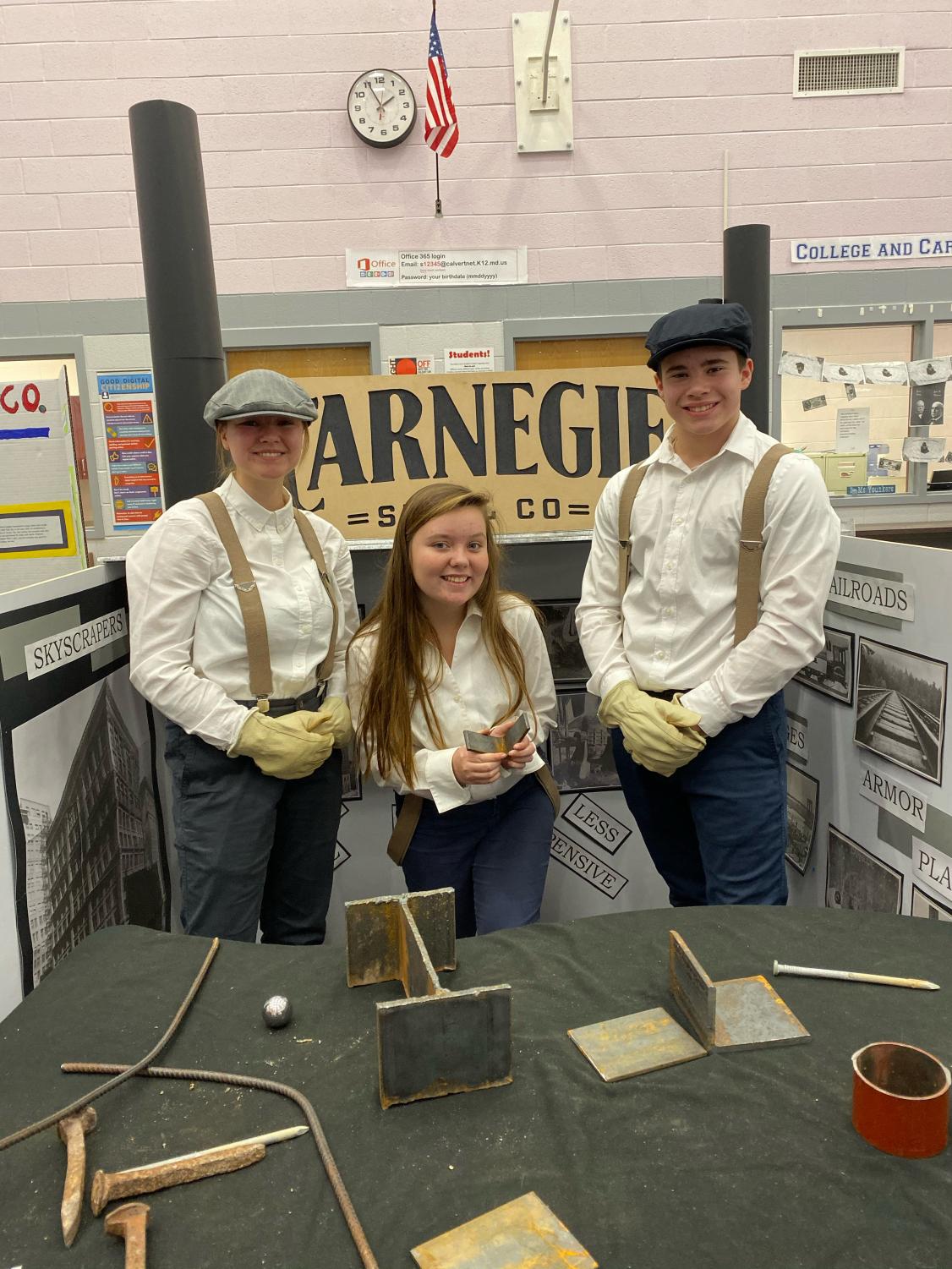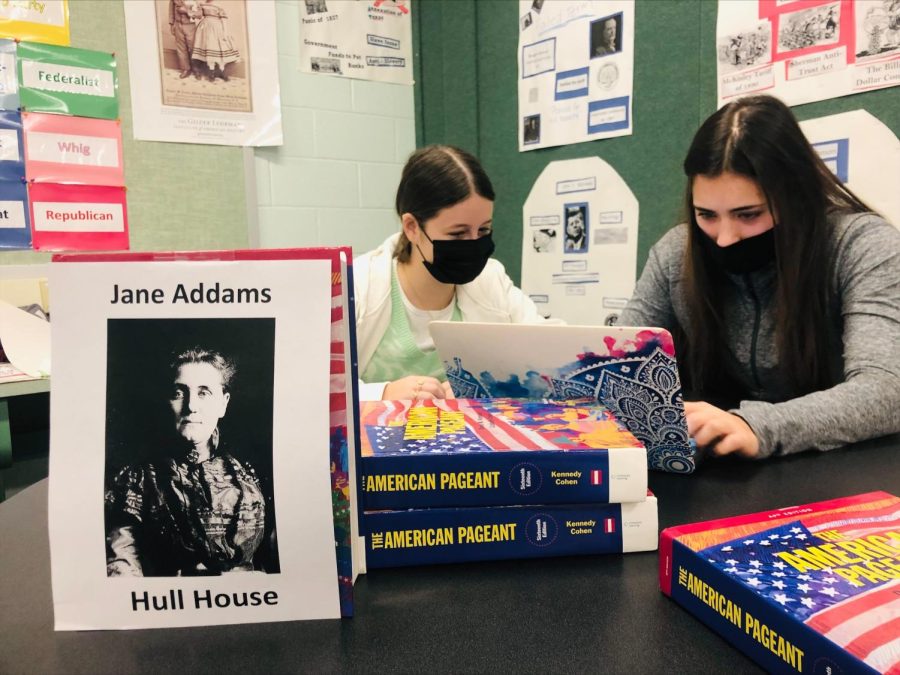Are AP Classes Worth It?
Two AP US History students respond to prompts from the perspective of Jane Addams, founder of the Hull House. Photo by Jennifer Izaguirre.
February 18, 2022
You feel your chest rise and fall unsteadily as your sweaty palm grips a number two pencil, its end sharpened to a pointy crisp. This is it. You’ve been preparing for this for months. In just a few minutes, you’ll face a horde of multiple-choice questions, daunting DBQs, and an unpredictable essay prompt. This is your first AP exam.
Just take a deep breath and jump into the deep end. Things will be okay… Right?
The AP Experience
AP Classes are the epitome of high school rigor. With extensive curriculums, high-paced learning, and an AP Exam in early May, it is easy to become overwhelmed. So, is all that stress worth it? To answer this question, we’ll have to determine whether AP classes do what they claim. Do they actually simulate the experience of a college-level class? Are they really an effective way to earn college credit? And do they save you money in the long run?

Let’s begin with the first question: simulating the college experience. For most students at Huntingtown High, AP US History is the first AP class they ever take. So, who better to talk to about the matter than Mr. James, Huntingtown’s APUSH teacher? Mr. James has been teaching the AP curriculum at Huntingtown High since 2005. He recalls that he had to undergo two training sessions in order to become qualified to teach AP, and one of those College Board-sanctioned sessions spanned a week. It is during this training period that teachers learn the AP curriculum, as well as the various practices they can use to teach. For instance, Mr. James learned to teach different parts of the AP exam. That is why some classes are geared towards document analysis (for DBQs), and others focus more on the multiple-choice section of the test. So, clearly, the College Board spends a fair amount of effort preparing its teachers. But does this mean that the AP students are also better prepared?
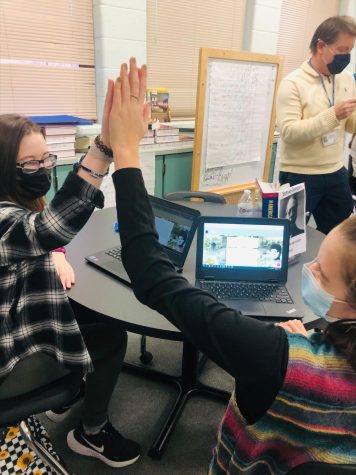
According to Mr. James, AP courses definitely pay off for students. He explains that “the rigor of the courses allows [students] to be more successful when they go to college because they’re developing the skills that will make them stronger students.” So, to him, it is not about simulating a college class. Rather, the point is to prepare for one. The way AP classes are run is drastically different from classes in college. Yet, Mr. James proudly notes that AP classes are a “good representation of college class skills and the thought process of independent work.” In essence, AP classes introduce you to the analytical skills and the rigorous work ethic that is characteristic of college. So, they give you a head start.
However, taking an AP class in high school also has its challenges. Mr. James advises that “one of the things to keep in mind is that when you’re in college, you’re in school for 15 hours a week. Whereas here, you’re in school for 35 hours.” So, you need to “make sure that you’re balanced and don’t overdo it.” In addition to the longer days high schoolers put in, we also have sports, extracurricular activities, and clubs. When you pile AP classes as the cherry on top, it’s no wonder students face burnout. In effect, we need to know our own limits. We’ll get more out of our AP experience if we prioritize our mental health. As Mr. James puts it, we need to advocate for “quality over quantity.”
College Credit and Saving Money
Perhaps the biggest argument for taking an AP class is that you’ll earn college credit if you get a good score on the AP exam. Also, since you’re taking a $96 test, you’ll be saving money on an expensive college class that you won’t have to take. But what happens if you don’t get a good score on an AP exam?
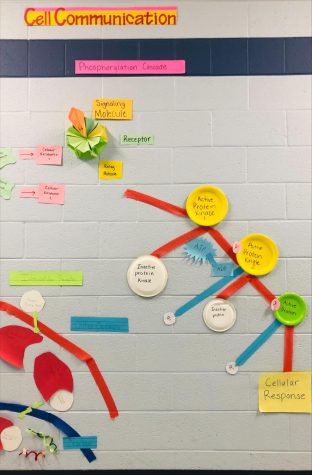
Mr. James explains that that scenario is “part of the learning process. The student should not be discouraged because it’s okay.” Instead, they should learn from the experience and “figure out what strategies they should use in their future AP classes to be more successful.” Mr. James even points out that “a lot of kids who fail their first exam pass all the rest of their exams.”
However, even if you do pass all your AP exams, there’s another hurdle you’ll have to jump through: college restrictions. Not every university accepts AP credits, and even those that do have restrictions as to what score and classes they accept. For instance, Bridgewater College in Virginia will not accept an AP Music (aural subscore) credit. They will take an AP Biology credit, but the minimum score they require is a 5 (the highest possible score). So, you have to do your research. Passing five AP exams does not guarantee five credits.
The Verdict
AP classes can be more involved than other courses, but that’s the point. The rigor and pace of the curriculum are meant to challenge students so they can polish their skills and be stronger critical thinkers. Stumbling along the way is perfectly normal. The important thing is getting back up and asking for help if you need it. As Mr. James puts it, an AP student has to “be willing to make mistakes and learn from them… They have to be open-minded, and they have to be willing to work a little harder.” So, if you’re thinking about taking an AP class, know that you can. You just have to put in the extra effort. However, you should remember to keep a healthy schedule, so you don’t overwhelm yourself, and think about the colleges you’d want to attend. Does your top choice accept AP credits?
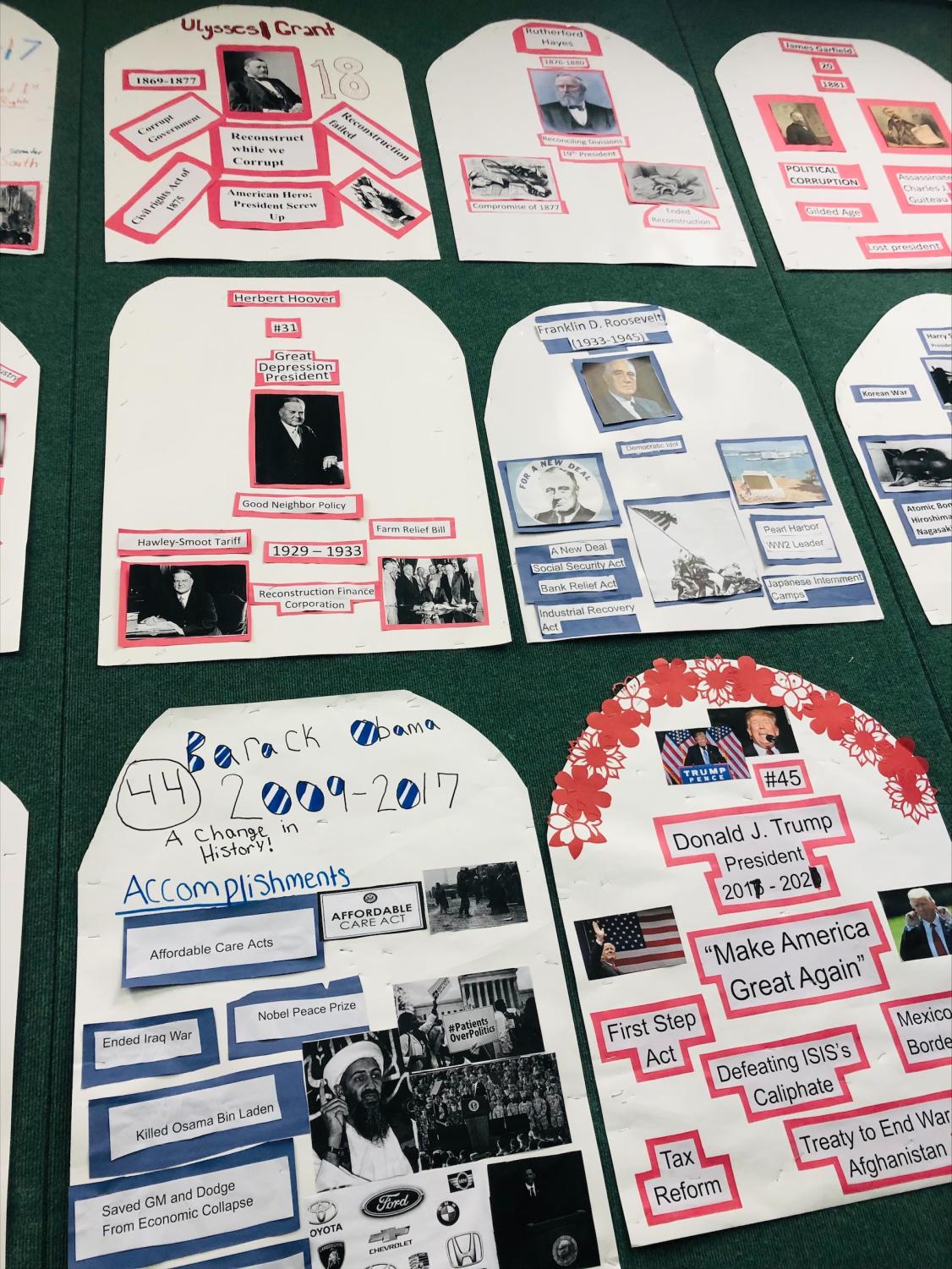

Throughout my time at Huntingtown High, there have been accusations that Huntingtown forces AP classes onto students because it boosts the school’s ranking. Mr. James granted that for some rankings, this does increase the school’s placement. However, he explains that other factors, like math and English test scores, also boost it. So, there are a lot of factors at play. He reassures that the school’s ranking is not the reason AP classes are offered at Huntingtown. “We’re doing the AP program because it prepares the students… We’re not just worrying about AP in this building. We’re worrying about all students.” To AP teachers like Mr. James, AP classes are just one of many opportunities offered at Huntingtown, and they’re here to act as helpful resources. So, don’t feel pressured to cram your schedule with AP courses, but don’t be afraid to take an AP class either. You can gain a wealth of valuable skills and knowledge. After all, you’ll never know unless you try.
